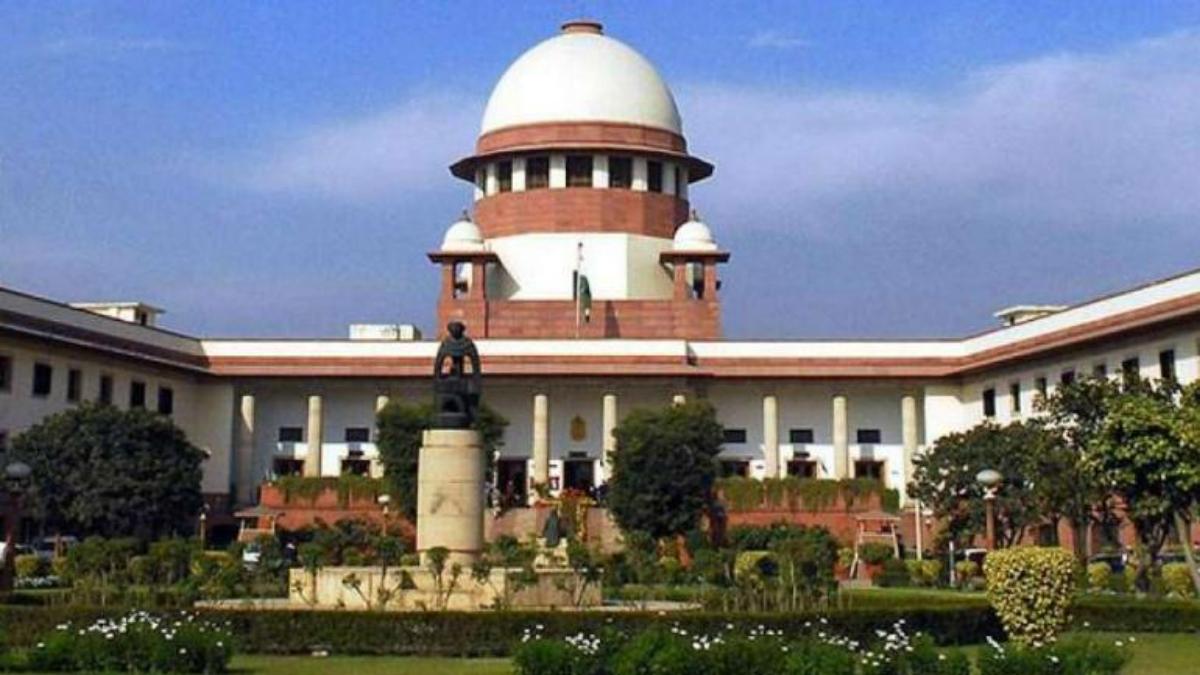New Delhi: Dismissing a review petition on the anti-Citizenship law protests, the Supreme Court said that “the right to protest cannot be anytime and everywhere”. A three-judge bench headed by Justice Sanjay Kishan Kaul declined to review its last year order that the occupation of public ways during the anti-CAA protests at Shaheen Bagh was not acceptable.
The review petition was filed by a collective of mothers, children and senior citizens, led by one Shaheen Bagh resident Kazi Fatima. The hearing which was held in judges’ chambers by circulation was published on Saturday. The order noted, “The right to protest cannot be any time and everywhere. There may be some spontaneous protests but in case of prolonged dissent or protest, there cannot be continued occupation of public place affecting rights of others.”
The bench comprising Justices Sanjay Kishan Kaul, Aniruddha Bose and Kirshna Murari further said, “We have perused the review petition and record of the civil appeal and are convinced that the order of which review has been sought, does not suffer from any error apparent warranting its reconsideration.”
The bench said that it had considered the judicial precedents in the matter, but felt that the right to protest and express dissent must have an obligation to fulfil certain duties. The original judgement on October 7 had ruled that demonstrations and road blockades in the Shaheen Bagh area were unacceptable and protesters should demonstrate only in designated areas chosen by the administration, and that their dissent should not come in the way of the public’s right to free movement.
“Protests should not become a nuisance,” the bench had said in the original judgement, even as it concluded that the mode and manner of dissent against colonial rule during India’s freedom struggle cannot be equated with dissent in a self-ruled democracy.
Also read: Shaheen Bagh: Activists Say Right to Protest on Streets Is a Must to Save Democracy
Curiously, the review bench comprised the same judges who delivered the original judgement. The judges noted that they did not find any error in the earlier order which warranted reconsideration.
However, while appreciating the existence of the right to peaceful protest against a legislation, the bench said that “we have to make it unequivocally clear that public ways and public spaces cannot be occupied in such a manner and that too indefinitely.”
The apex court’s original verdict had come on a plea by lawyer Amit Sahni against blockade of a road in Shaheen Bagh area by those protesting against the Citizenship (Amendment) Act (CAA), which aimed to fast track Indian citizenship to persecuted minorities of Pakistan, Afghanistan and Bangladesh, but conspicuously left out Muslim minorities of neighbouring countries.
The review petition, on the other hand, said that restricting protests to designated areas goes against the concept of dissent. “Protests are the only way for citizens in a democracy to show their dissent. Curb on this freedom leaves citizens with no report to voice their concerns,” it said.
The review petition also argued that “police have in the recent past acted arbitrarily by beating students and protesters”, and the original verdict gives the police much discretion to arbitrarily take action against peaceful protestors anywhere.
“This would lead to a situation wherein the administration would never engage in dialogue with protesters, but instead take action against them, including their prosecution,” the review petition had said.
(With PTI inputs)
